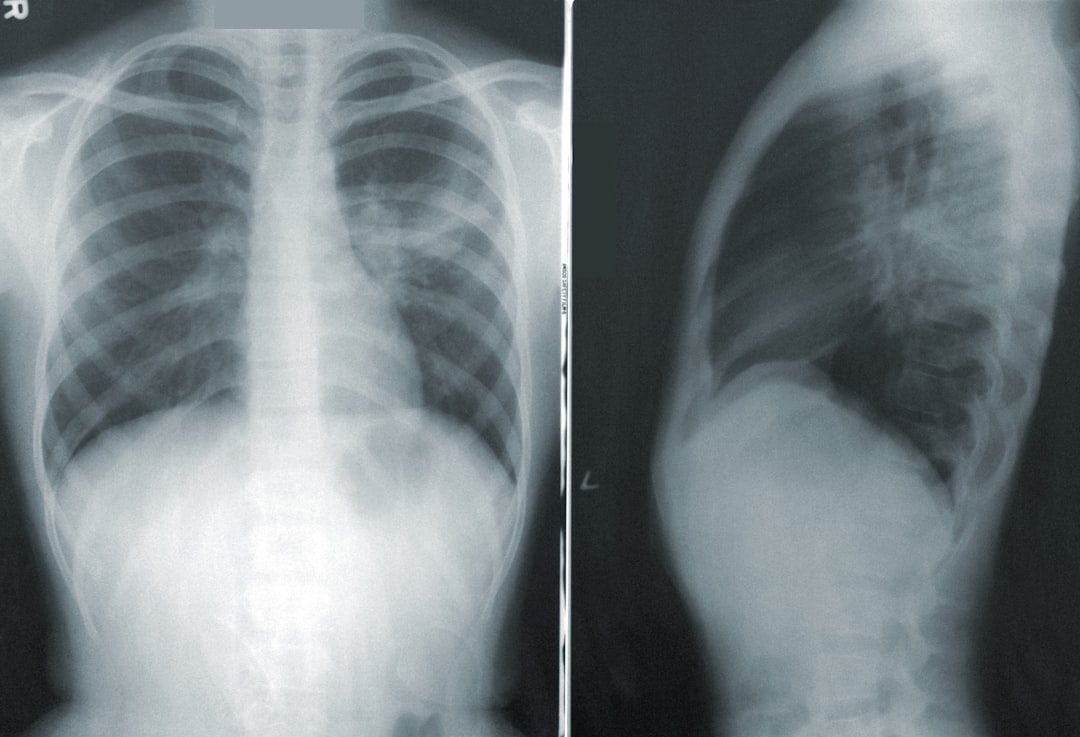What is it about?
Abstract: Antiplatelet drug resistance is one of the urgent issues in current cardiovascular medicine. Many platelet function tests have been used to define responsiveness of patients with cardiovascular disease to aspirin and clopidogrel. In most studies, cut-off values of platelet function tests for defining responsiveness to antiplatelets were chosen arbitrarily. Different tests provided wide-ranging figures of the prevalence of aspirin and clopidogrel resistance, suggesting poor correlation between currently available platelet function tests. Measurement of platelet size seems to be a promising approach for monitoring antiplatelet drug therapy. This commentary highlights some limitations of studies on aspirin and clopidogrel resistance in patients undergoing coronary interventions.
Featured Image
Why is it important?
Highlights the need of comprehensive evaluation of platelet function in patients on antiplatelets.
Perspectives
Helps to properly employ and interpret platelet function tests.
Associate Professor Armen Yuri Gasparyan
Dudley Group NHS Foundation Trust, Teaching Trust of University of Birmingham
Read the Original
This page is a summary of: Aspirin and clopidogrel resistance: methodological challenges and opportunities, Vascular Health and Risk Management, March 2010, Taylor & Francis,
DOI: 10.2147/vhrm.s9087.
You can read the full text:
Contributors
The following have contributed to this page










